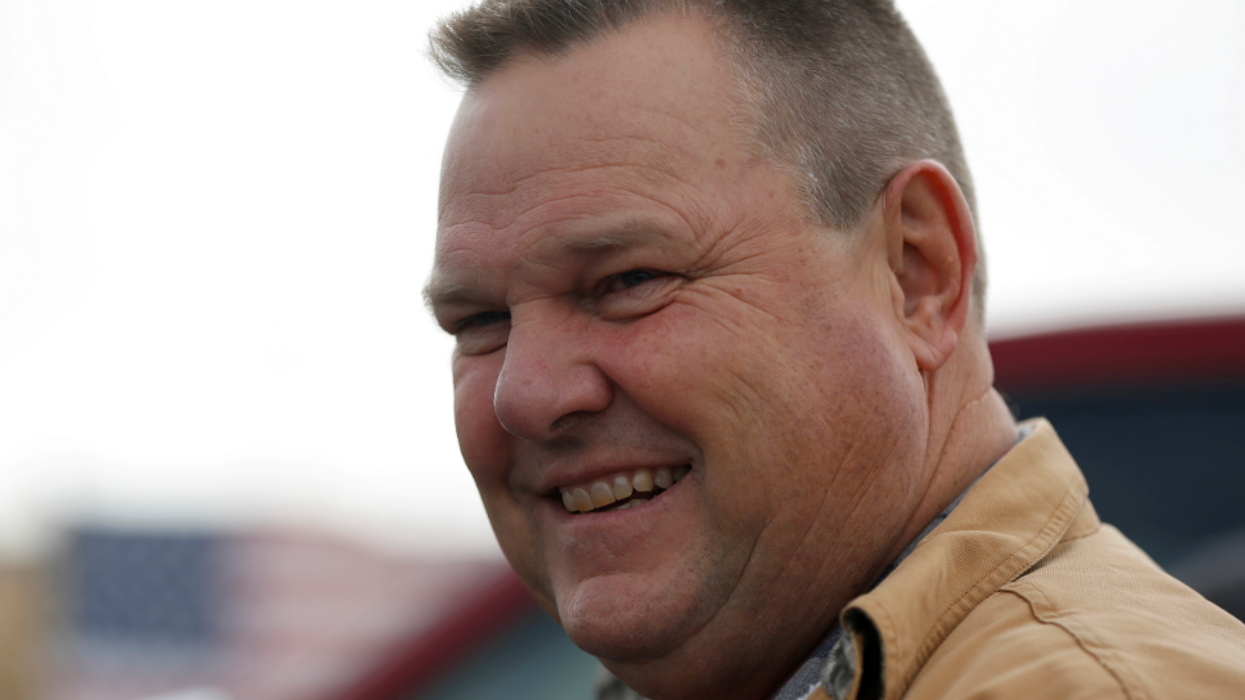
Donald Trump’s blatantly racially motivated denunciation of Gonzalo Curiel, the presiding judge over a pair of Trump University lawsuits, draws attention away from Curiel’s distinguished career serving the nation’s judiciary.
The Indiana-born judge first entered the public consciousness during a recent rally held by Trump, in which he devoted 15 minutes to bashing Curiel and the “rigged” system that landed his scam “university” in court — it was a blatant attack on the nation’s independent judiciary.
“The judge, who happens to be, we believe, Mexican, which is great, I think that’s fine,” said Trump. “You know what? I think the Mexicans are going to end up loving Donald Trump when I give all these jobs, OK?”
Trump’s questioning of Curiel’s loyalty to the country of his birth is a disservice to the long career Curiel has had in the American justice system.
As Slate’s William Saletan wrote shortly after the attack, “This isn’t a complaint about illegal immigrants. It’s not even a dog whistle. It’s a straight-up appeal to prejudice. It’s about the color of your skin, the sound of your last name, and where your ancestors came from.”
Curiel is no normal judge. Appointed by President Barack Obama, he has led the way in cracking down on the drug cartels operating between the Mexican-American border.
That’s not an easy job, especially considering that Mexican cartels often rely on lawlessness and the absence of state power to exercise free reign in the areas they control. An imaginary line on the map doesn’t change those goals.
From 1989 until to 2002, Curiel served as an assistant U.S. attorney in southern California. As the deputy chief, and later, chief of the Narcotics Enforcement Division, he aided his Mexican counterparts in dealing with narcotics distribution and the drug cartels. In 2002, The New York Times named Curiel as one of the central figures in weakening the power of the Arellano Félix cartel, once one of the most notoriously violent cartels in Mexico.
“The trusted assassins the Arellanos had, like La Rana, are gone. The money launderers, taken out,” said Curiel to the newspaper at the end of the efforts to bring down the cartel. “There’s been so much corrosion, so much dismantling of the network…much of the structure is gone.”
As far back as 1997, Curiel was reported to have been taking on Mexican drug cartels. He lived under tight security for fear of assassination, a favorite tool of cartels. At the time, Emilio Valdez Mainero, a member of the Arellano Félix cartel, said in a bugged conversation with a inmate-turned-informant that he wanted to kill Curiel. Threats at the time were taken seriously, especially given the high profile murders of Tijuana’s police chief in February 2000, followed shortly by the murder of Jose Patiño, a prosecutor who Curiel had personally worked with in stopping the cartels.
The fact that Curiel, and the rest of the task force aimed at helping stop the drug cartels, were of Mexican descent further increased cooperation between the Mexican and American governments. “We were working without the disconnect of interpreters and barriers of culture. When it comes down to it, this involves the country of our parents,” said Curiel.
The imperious contempt Trump has for Mexican immigrants would surely prevent any similar collaboration from taking place.


